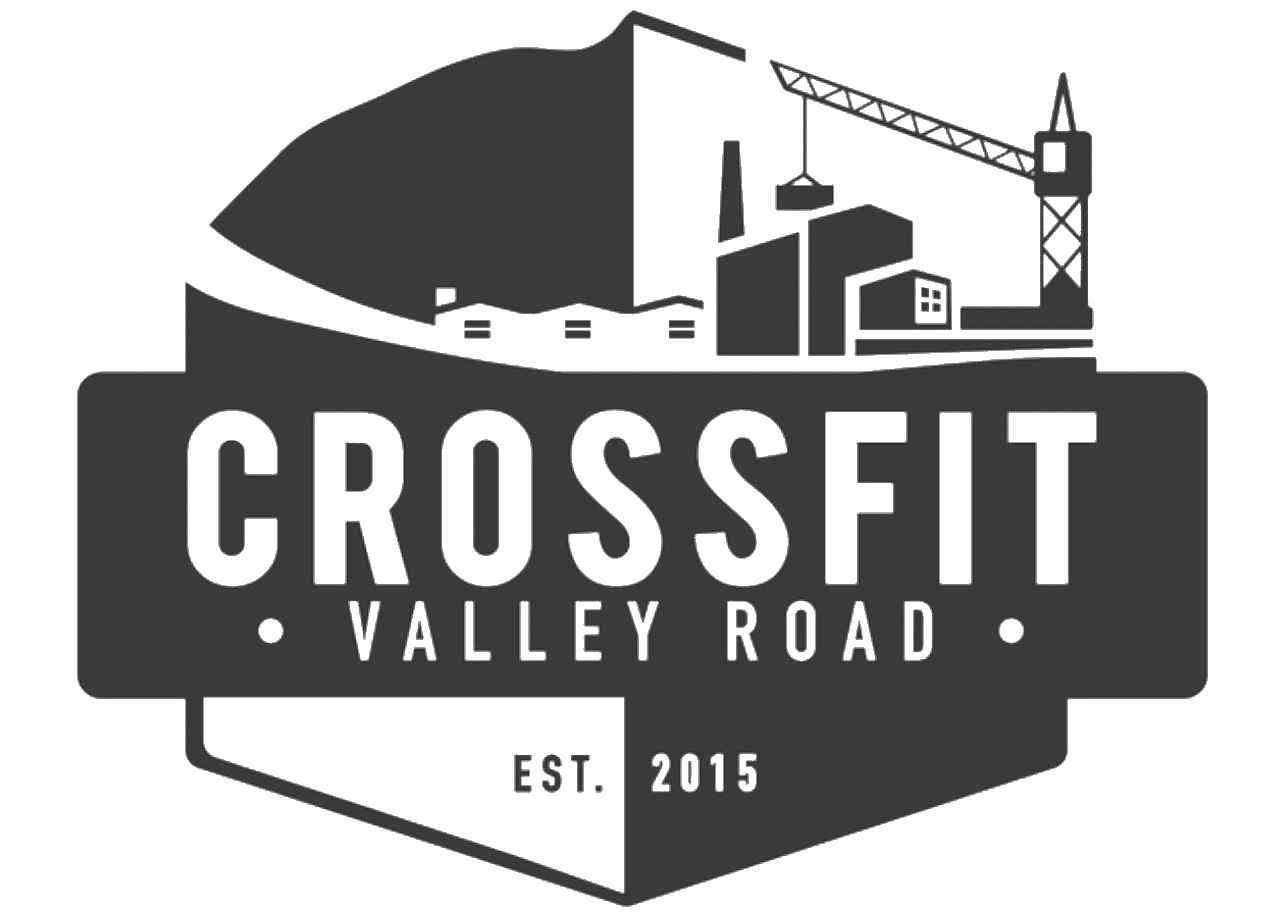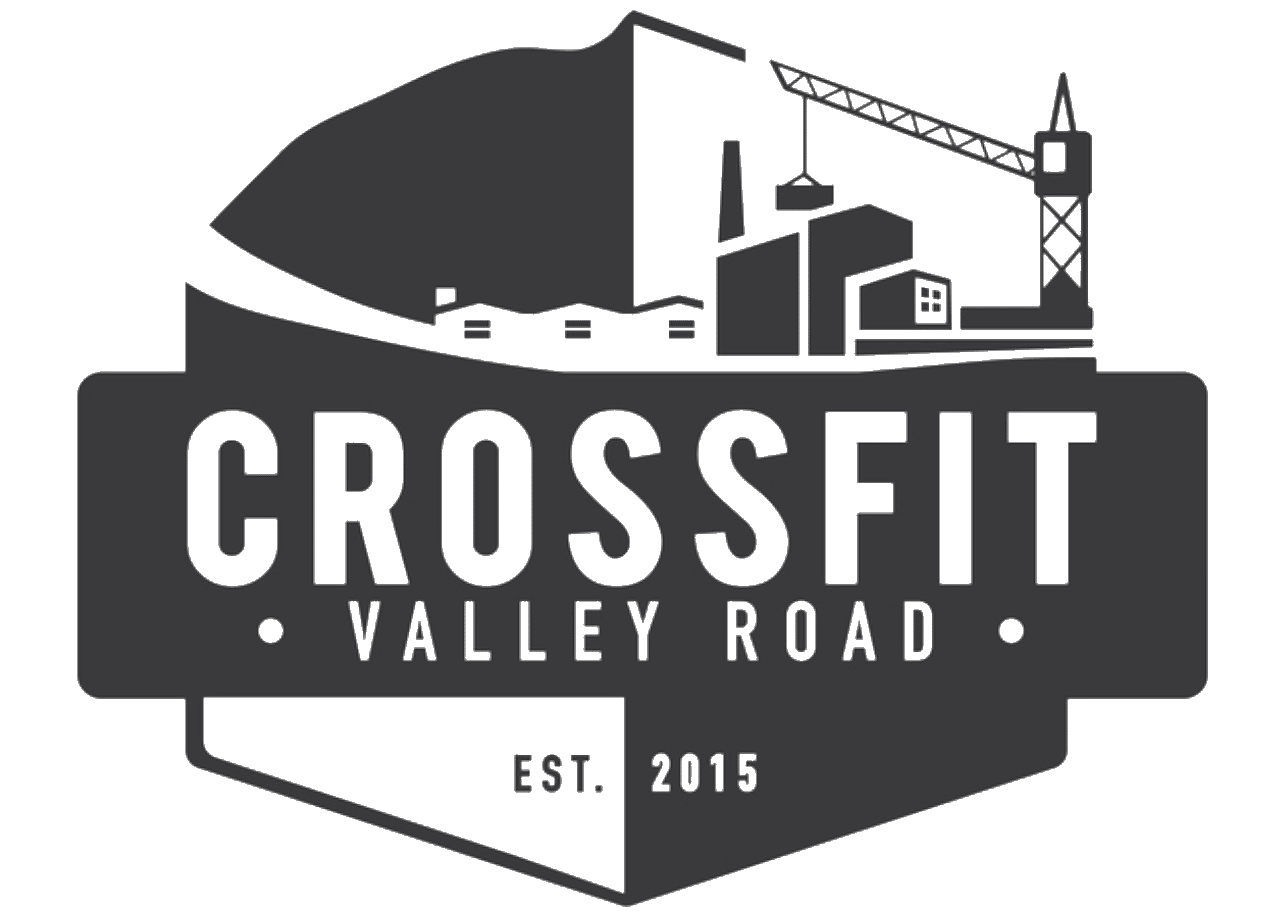The Importance of a Test Week for CrossFit or Gym Athletes
When it comes to maximizing performance in CrossFit or any form of strength training, consistency and progression are key. However, there’s one vital aspect that many athletes overlook in their training routines—Test Week. A well-structured Test Week is essential for tracking progress, setting new goals, and refining your workout plans. Whether you’re a seasoned athlete or a gym enthusiast, incorporating a Test Week into your training regimen can elevate your performance to the next level.
What is a Test Week?
A Test Week refers to a dedicated period where athletes assess their physical abilities across various exercises. This isn’t about pushing to failure; rather, it’s a controlled evaluation of your current performance metrics like strength, endurance, mobility, and cardiovascular fitness.
This week often involves performing major lifts, functional movements, and conditioning workouts to gauge:
1. One-Rep Maxes (1RMs): Testing the maximum weight you can lift for one rep in exercises like squats, deadlifts, and bench press.
2. Benchmark WODs (Workouts of the Day): Common in CrossFit, these predefined workouts provide consistent tests of overall conditioning and endurance.
3. Gymnastics Skill Testing: For CrossFit athletes, movements like muscle-ups, handstand push-ups, and pistols are often revisited during Test Week.Why You Should Have a Test Week in Your Routine
- Track Progress and Identify Plateaus
Progress can often be hard to quantify without clear data. Test Week provides a benchmark that lets you compare results over time. By recording your lifts and workout times, you’ll be able to identify areas where you’re excelling and where you’re plateauing.
Example:
If you haven’t increased your squat max or improved your Fran time in months, Test Week will reveal this. From there, you can re-evaluate your training approach and make necessary adjustments.
- Set New Goals
Based on your performance, Test Week helps set clear, measurable goals for the next training cycle. If you’ve successfully increased your back squat by 10kg or shaved off 30 seconds from a benchmark WOD, it might be time to recalibrate your long-term targets. Whether that’s gaining strength, improving conditioning, or enhancing gymnastics skills, having data allows you to set SMART goals (Specific, Measurable, Achievable, Relevant, and Time-bound).
- Enhance Workout Programming
A Test Week enables you or your coach to refine your workout program. For example, if your overhead squat mobility is lacking or your grip strength fails during pull-ups, those can become focal points in your training blocks. It ensures that your programming remains relevant to your specific needs, instead of following a generic routine that might not address your weaknesses.
- Prevent Overtraining
Testing doesn’t mean constant grinding. During a Test Week, the focus shifts from volume-based training to specific efforts. By taking time to assess rather than constantly push to failure, you allow your body to recover while gathering valuable data. It’s also an opportunity to reset after a hard training cycle and avoid burnout. Incorporating this structured testing phase offers mental and physical relief, leading to greater longevity in your training.
- Celebrate Personal Records (PRs)
The joy of hitting a new personal record is one of the most rewarding aspects of training. Test Week offers an opportunity to hit new milestones and celebrate your hard work. These moments serve as huge confidence boosters and are great motivators for tackling the next phase of your training journey.
- Measure Conditioning and Skill Mastery
CrossFit athletes, in particular, rely heavily on skills like double-unders, muscle-ups, and handstand walks. Test Week allows you to revisit these skills in isolation to see how far you’ve come. Improving on these movements can directly translate to better performance in workouts where they are incorporated.
Structuring Your Test Week
A well-planned Test Week should be balanced, ensuring that you are testing the major aspects of fitness without overloading your body. Here’s a sample layout for a typical Test Week for CrossFit or gym athletes:
Day 1: Strength Testing
• Squat 1RM (Back Squat or Front Squat)
• Bench Press 1RM
• Deadlift 1RMDay 2: Conditioning Test
• Benchmark WOD (e.g., Fran, Diane, or Grace)
• Rowing (2K time trial)Day 3: Skill and Mobility
• Gymnastics Skills (Muscle-ups, Pull-ups, Handstand Push-ups)
• Mobility Assessments (Overhead Squats, Single-Leg Balance Tests)Day 4: Cardiovascular Endurance
• Run (400m sprint time trial or 5km for endurance)
• Assault Bike Calories (in a set time, like 60 seconds)Day 5: Metabolic Conditioning
• CrossFit Hero WOD (e.g., Murph, Jackie, or Helen)It’s important to structure rest appropriately, ensuring that days of higher intensity or skill work are followed by less strenuous activities.
Frequently Asked Questions (FAQs)
How Often Should You Perform a Test Week?
For most athletes, every 8-12 weeks is ideal. This allows enough time between tests to see measurable progress, without losing sight of your long-term goals.
Do You Need a Coach for Test Week?
While having a coach is not necessary, a qualified coach can help you execute your lifts with proper form, evaluate your weaknesses, and help you set achievable goals.
What Should You Do After Test Week?
After completing Test Week, it’s crucial to de-load for a few days before jumping back into full-intensity training. Reflect on your results, adjust your workout programming, and set clear goals for the next training cycle.
Conclusion
A Test Week is more than just a way to measure your progress; it’s a powerful tool for goal setting, preventing burnout, and celebrating milestones. Whether you’re a CrossFit athlete preparing for the Open, or a gym-goer aiming for a new PR, Test Week is the ultimate way to stay accountable and keep your training on track.
Maximize Your Performance With Us!
If you’re looking to integrate a Test Week into your routine or need expert guidance, [CrossFit Valley Road] is here to help. Our coaches are here to ensure that you achieve peak performance while avoiding burnout. Reach out today to learn more!




